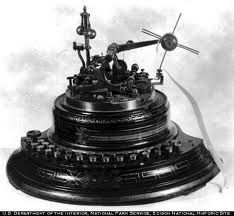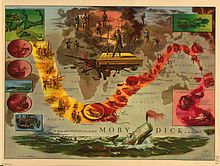JP Morgan Chase is once again under investigation by the Department of Justice. This time for possibly bribing the daughter of the Chinese prime minister with a lucrative business deal to gain preferential treatment on the Chinese markets.
To promote its standing in China, JPMorgan Chase turned to a seemingly obscure consulting firm run by a 32-year-old executive named Lily Chang.
Ms. Chang’s firm, which received a $75,000-a-month contract from JPMorgan, appeared to have only two employees. And on the surface, Ms. Chang lacked the influence and public name recognition needed to unlock business for the bank.
But what was known to JPMorgan executives in Hong Kong, and some executives at other major companies, was that “Lily Chang” was not her real name. It was an alias for Wen Ruchun, the only daughter of Wen Jiabao, who at the time was China’s prime minister, with oversight of the economy and its financial institutions.
While the bank emerged from the financial crisis stronger than it ever was, Moody’s Investors Service cut its ratings of the JPMC and three other banks after deciding the government would be less likely to help them repay creditors in a crisis. JPMorgan was cut to A3 from A2. According to Trace, the bond-price reporting system of the Financial Industry Regulatory Authority, the yield on JPMorgan’s $2 billion of 3.375 percent subordinated notes due May 2023 slipped 10 basis points to 4.3 percent.
Moody’s said that there was less likelihood of a widespread bailout of banks by the United States government as there was during the financial crisis five years ago and that bank debt holders would be forced to shoulder more of the losses in the future.
But the rating agency said it expected banks would be required by regulators in the United States to hold a higher level of capital, which was likely to result in higher recoveries for creditors in any future bank default. [..]
Under the Dodd-Frank Act, the Federal Reserve has been limited in its ability to provide taxpayer money to individual banks, and failing banks would be wound down in a so-called orderly liquidation, in which creditors would bear the bulk of the burden of the losses.
However, some critics have expressed doubts that regulators could handle the liquidation of one or more of the nation’s largest banks in a severe financial crisis.
In the midst of this, somebody at JPMC thought it would be a great idea to hold a Twitter Q&A with the public using the hashtag #AskJPM. The results were extremely amusing but a major PR #FAIL for the bank. Award winning actor Stacy Keech, the voice of American Greed, reads some of the best tweets verbatim.
If you’re a poet and good at writing haiku, Rolling Stone‘s contributing editor Matt Taibbi is offering a Jaime Dimon tee shirt for the best “J.P. Morgan Chase Q&A Fiasco” haiku. Matt will announce the winner Monday.



Recent Comments